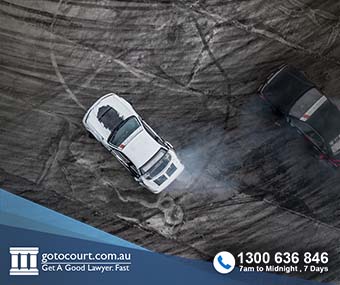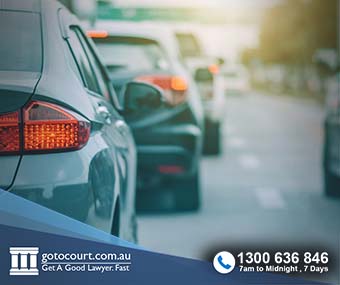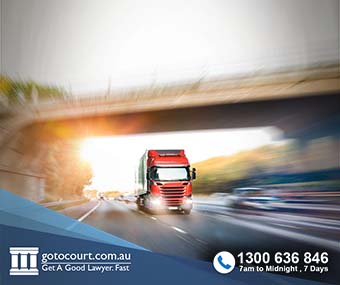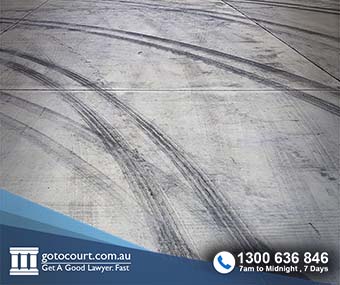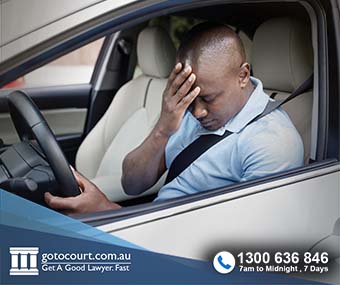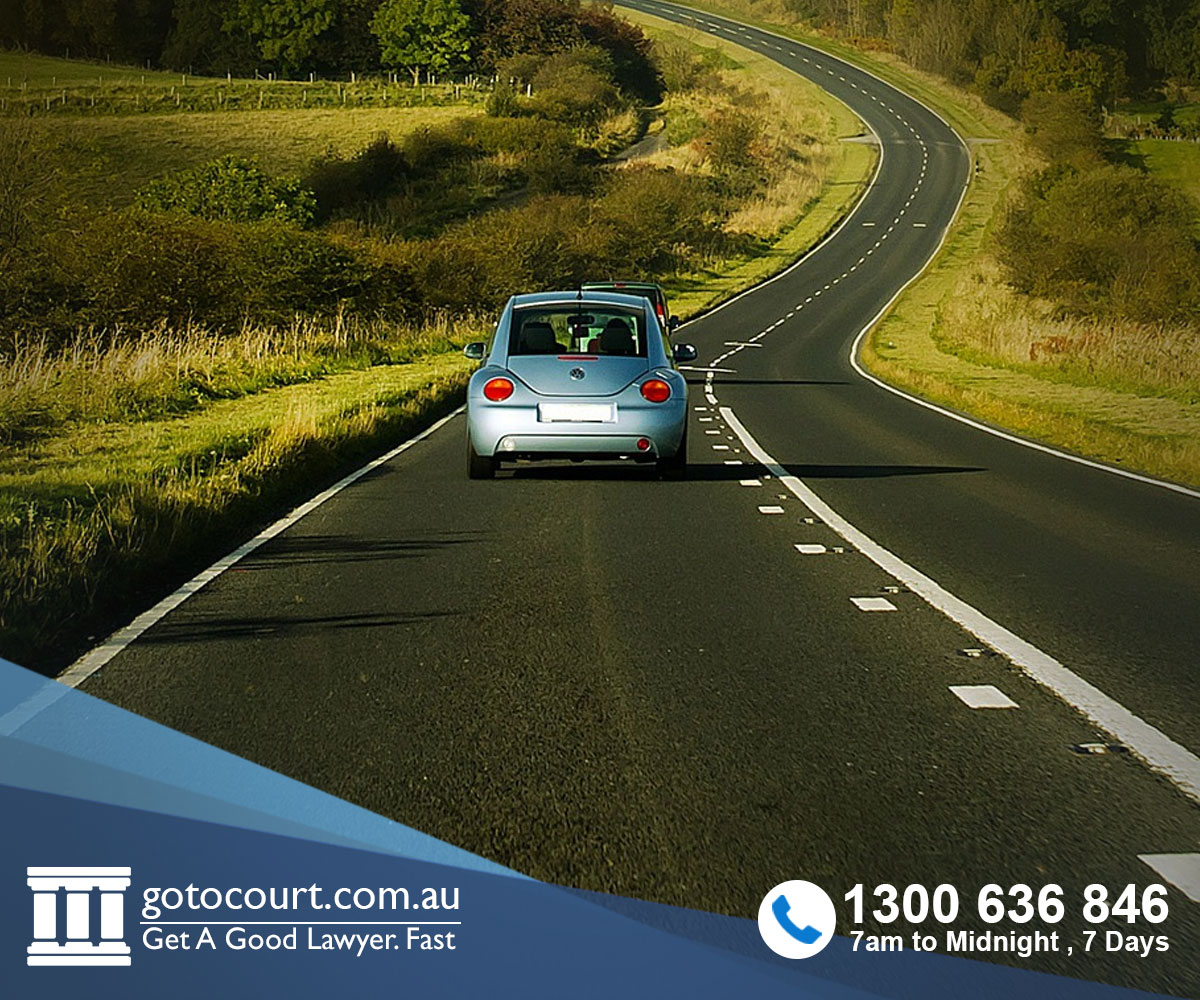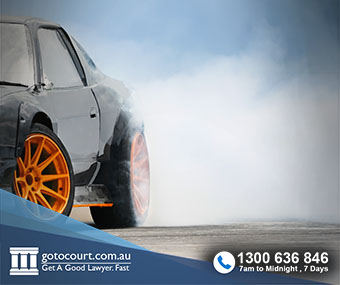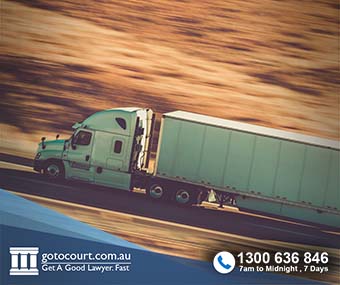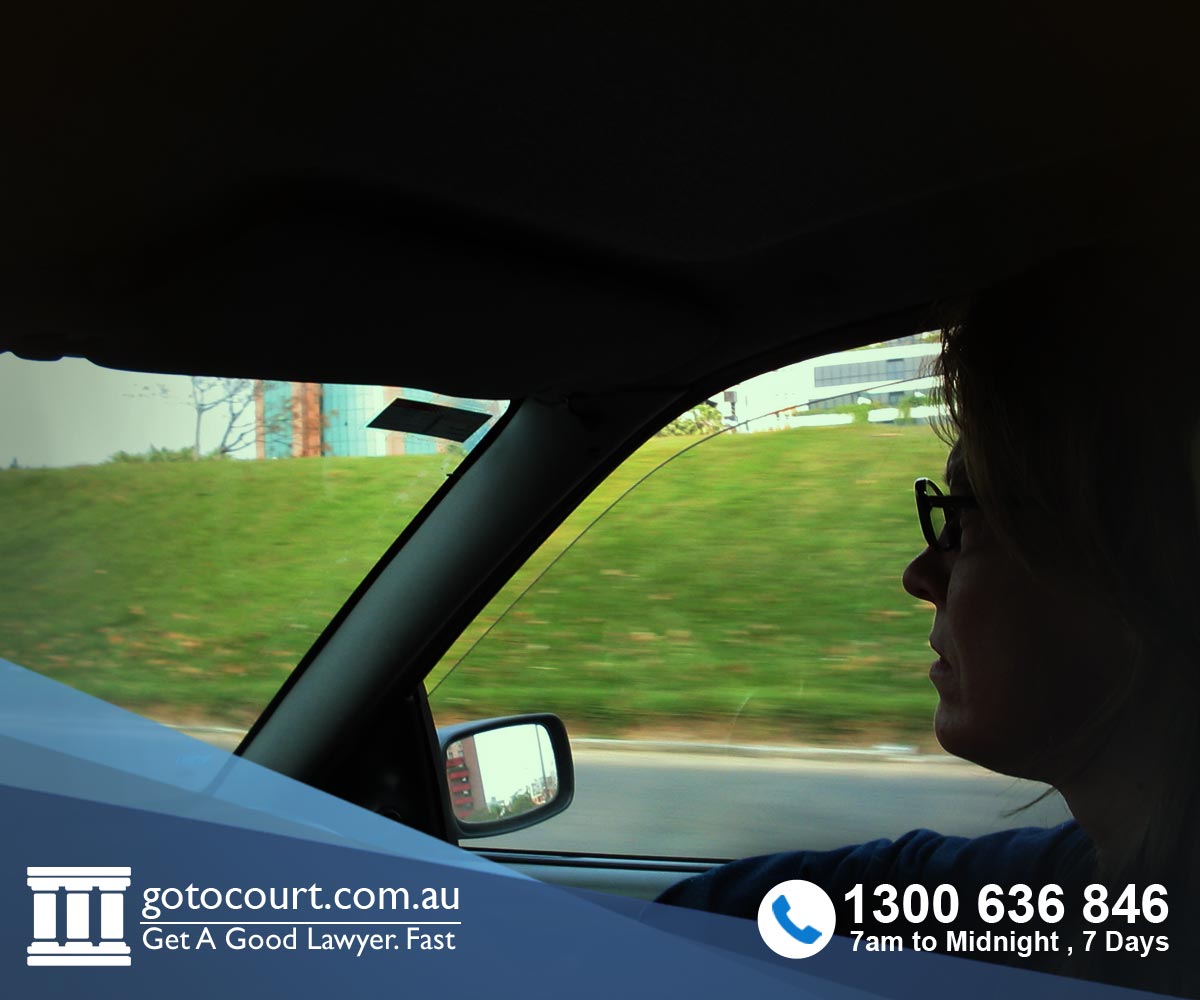Driving Whilst Suspended, Disqualified or Unlicensed in New South Wales
Driving Whilst Suspended, Disqualified or Unlicensed in New South Wales
In New South Wales, the courts take the offences of driving whilst suspended or disqualified very seriously. It does not matter whether you have had your licence suspended due to an accumulation of demerit points or a court imposed disqualification, the penalties for any such offences are very strict. The penalty that is handed down is dependent upon the specific circumstances surrounding your case. The penalty for the offence of driving whilst suspended in New South Wales can range from a further licence disqualification period to a fine or even a term of imprisonment.
There are two main offences with which you may be charged under the Road Transport Act 2013. Under section 53 of the Act, you can be charged with driving without a valid licence.
Further, under section 54, you can be charged with driving whilst suspended, disqualified or with a cancelled licence.
Driving whilst unlicensed
Under the Act, it is an offence for a person to drive a motor vehicle on any road whatsoever without having a valid driver’s licence for that specific purpose. Similarly, it is also an offence for a person to drive on any road if they have never been licensed to do so. The penalties for this offence vary and will be explained in further detail below.
Driving whilst suspended or disqualified
The Act states that a person who drives a motor vehicle whilst suspended or disqualified from holding a valid driver’s licence will be guilty of an offence. Your licence could be suspended for a number of reasons including demerit points, traffic offences, excessive speed or failure to pay fines. Your licence is likely to be disqualified by the court for drink driving offences or other dangerous driving offences.
Driving whilst unlicensed
If the offence committed is a first time offence, the maximum penalty that may be given by the court is a fine of $2,200. If the offender breaches the Act for a second or subsequent time, the penalty imposed will be much more harsh. This will typically include a fine of $3,300 or a term of imprisonment of 18 months. The court may, in its discretion, choose to hand down both a fine and a term of imprisonment if the circumstances of the case warrant a harsher penalty. In addition where it is an offender’s second or subsequent offence a licence disqualification of 3 years will also be given.
Driving whilst suspended
For a first time offender, the harshest penalty that may be imposed is a fine of $3,300 and/or 18 months imprisonment. There is also a mandatory 12 months licence disqualification that will be given to all first time offenders. For a second time or subsequent offender, the maximum penalty that may be handed down is a fine of $5,500 and/or 2 years imprisonment. Additionally, a mandatory licence disqualification of 2 years will be given to any second or subsequent offender. The court has the discretion to order a longer period of disqualification if it considers it necessary to do so.
Driving whilst disqualified
For a first time offender the maximum penalty that may be imposed is a fine of $3,300 and/or a prison sentence of 18 months. There is also a mandatory licence disqualification period of 12 months given to all first time offenders. For a second or subsequent offence the maximum penalty is a fine of $5,500 and/or a prison sentence of 2 years. A mandatory further licence disqualification of 2 years is also imposed. In limited circumstances, it may be possible to escape liability for a traffic offence if the alleged offender can prove a defence applies to their circumstances. The first of these defences will apply in circumstances where the alleged offender was forced to or threatened into driving a motor vehicle whilst in the midst of a licence disqualification.
Another defence may apply if the alleged offender can demonstrate that driving a motor vehicle whilst suspended was necessary to avoid serious injury to a person. As an example, it would be sufficient to prove that the alleged offender was driving a seriously injured person to a medical facility. Lastly, the courts may accept it as a defence that the alleged offender mistakenly believed their licence to be valid and only drove under this assumption.
You should be aware that these defences can be difficult to prove in court and cannot be relied upon easily as a defence for these offences.


Affordable Lawyers
Our Go To Court Lawyers will assist you in all areas of law. We specialise in providing legal advice urgently – at the time when you need it most. If you need a lawyer right now, today, we can help you – no matter where you are in Australia.How It Works




1. You speak directly to a lawyer
When you call the Go To Court Legal Hotline, you will be connected directly to a lawyer, every time.

2. Get your legal situation assessed
We determine the best way forward in your legal matter, free of charge. If you want to go ahead and book a face-to-face appointment, we will connect you with a specialist in your local area.

3. We arrange everything as needed
If you want to go ahead and book a fact-to-face appointment, we will connect you with a specialist in your local area no matter where you are and even at very short notice.



